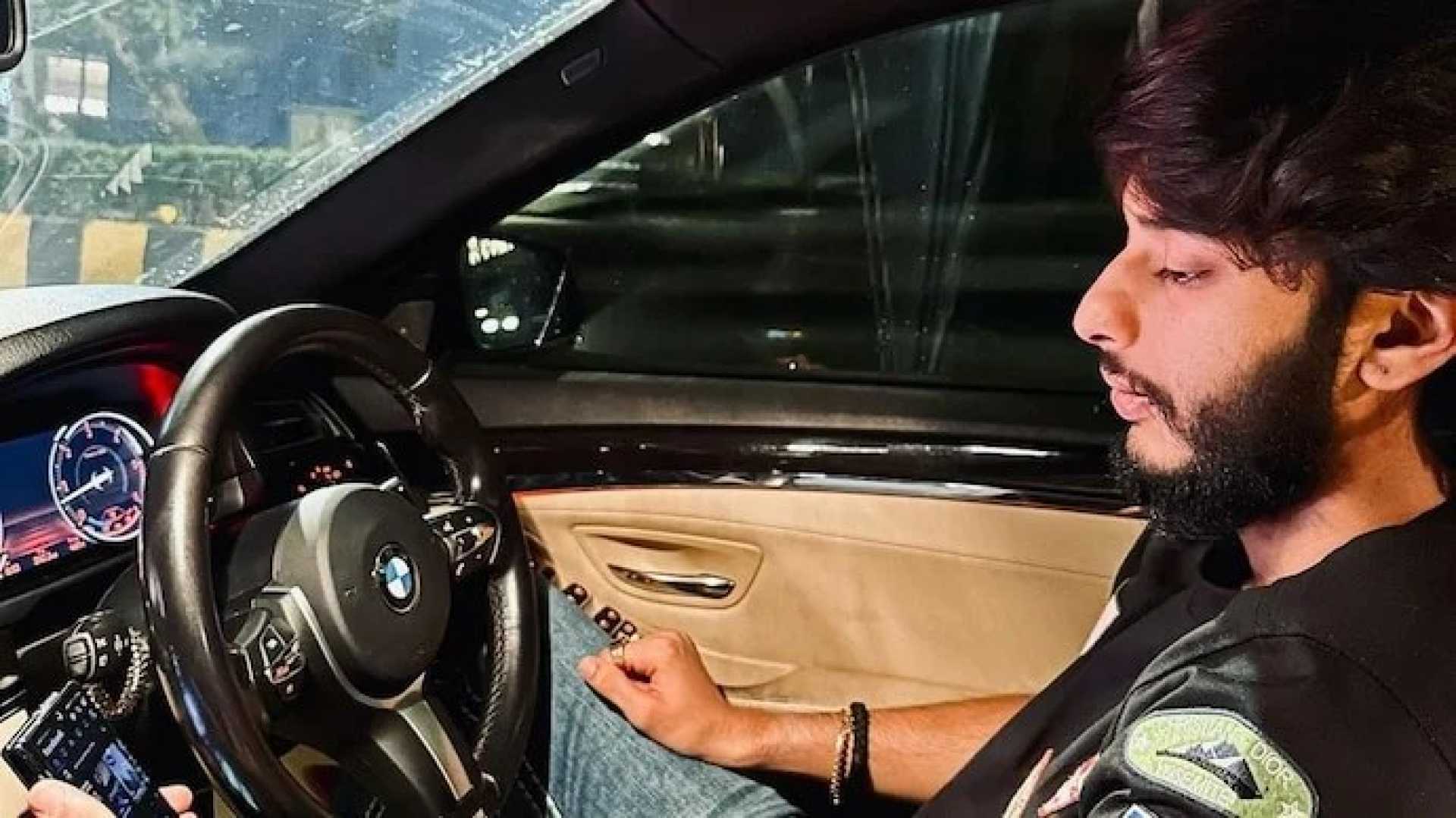News
Bombay High Court Criticizes Police for Arrest Procedure Lapses in BMW Hit-and-Run Case

The Bombay High Court has voiced its disapproval over the Mumbai police’s handling of the arrest procedure in the high-profile BMW hit-and-run case, emphasizing the need to balance legal protocols with the gravity of the offense. A bench composed of Justices Bharti Dangre and Manjusha Deshpande highlighted the failure of the police to provide the reasons for the arrest in writing, as required by law.
The court was addressing the petitions filed by Mihir Shah and another accused, who challenged the legality of their arrests. Advocates Niranjan Mundargi and Rishi Bhuta, representing the petitioners, argued that the police admitted in their affidavits that they did not convey the grounds for arrest in written form. Justice Dangre questioned this omission, asking, “What kind of civilian are you? You talk about your rights, but what about the rights of the victim?”
Mihir Shah, identified as the primary suspect in the case, is the son of Rajesh Shah, a close aide to Maharashtra Chief Minister Eknath Shinde. He was apprehended on July 9, following an incident where he allegedly dragged a woman, Kaveri Nakhwa, with his BMW for over two kilometers in Mumbai’s Worli area.
Chief Public Prosecutor Hiten Venegaonkar presented evidence, including CCTV footage and witness testimony, linking Shah and his driver, Rajrishi Bidawat, to the crime. Venegaonkar stated that although the grounds for arrest were stated orally, they were not documented, a practice that the court found insufficient in cases of severe criminal activity.
The court underscored the necessity of evaluating the seriousness of the offense when considering procedural lapses. Justice Dangre remarked, “The gravity of the offense deters us. What you have done is trample on the rights of the victim. If we focus on technicalities, then God help us.”
In light of these deliberations, the court directed the police to submit an affidavit clarifying how the grounds for arrest were communicated and whether witnesses were present during the arrest of the accused. The matter is set to reconvene on October 9. Justice Dangre suggested this could be a “test case” to examine the prioritization of victims’ rights alongside the technicalities of arrest procedures.












